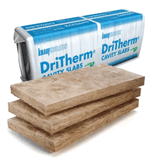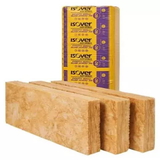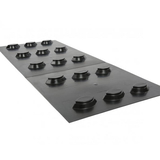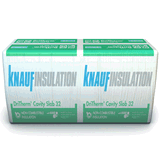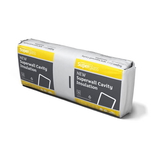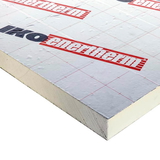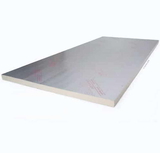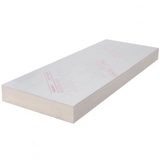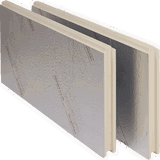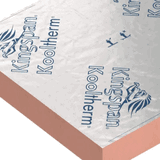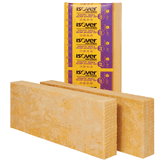- Blogs
- Everything you need to know about cavity wall insulation
Everything you need to know about cavity wall insulation
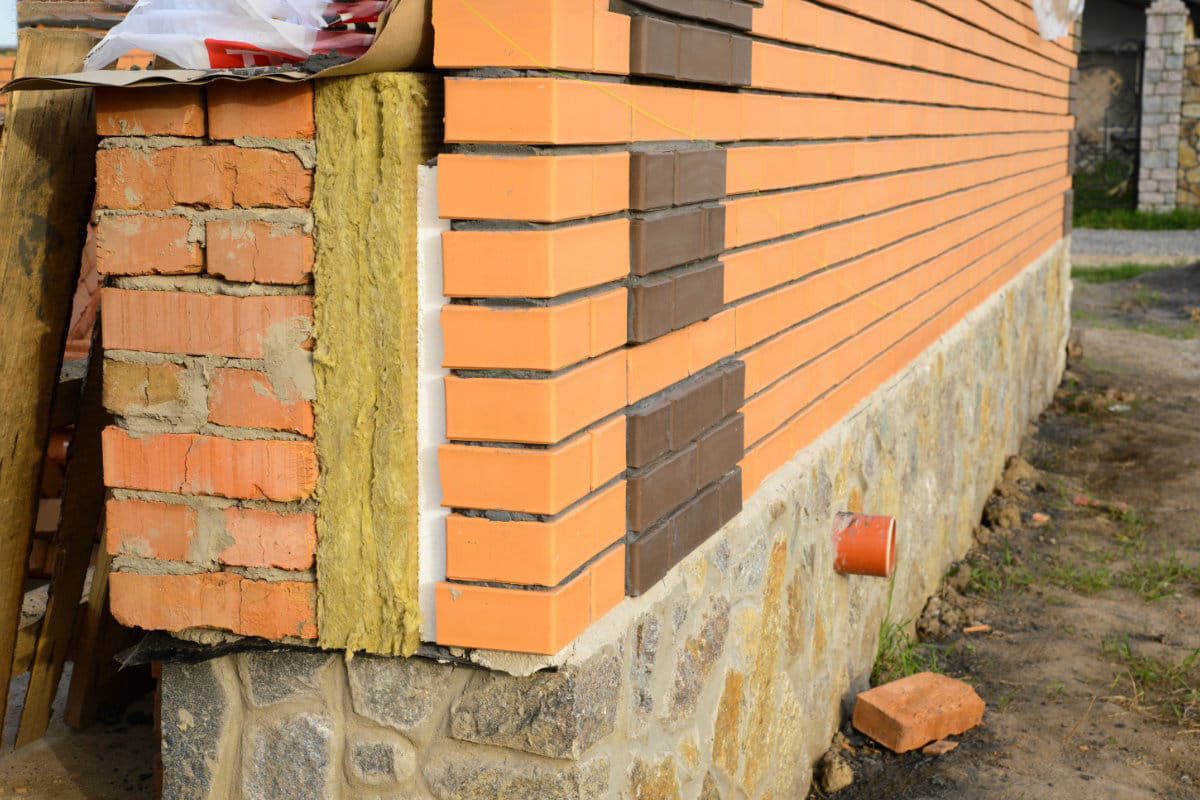
Home Insulation impacts everybody. When you use quality insulation, it improves the energy efficiency of your home. Not only does it reduce your energy bills, but it also positively impacts the environment and your carbon emissions. Buying insulation online has made insulation easily accessible to everyone.
In this blog, we will discuss all about cavity-wall insulation. Wall insulation is one of the most cost-effective home upgrades you can do. It has many benefits. The cost of insulating your walls entirely depends on the size of your property, the type of walls you have (cavity or solid) and their current state.
What is a cavity wall?
A hollow space between the two thin walls (typically made of brick and referred to as "skins") is called a cavity or gap. The two walls are held together by metal wall tiles. Any home built between the 1920 and 1980s usually has cavity walls.
How does the cavity wall insulation work?
If a hot room is separated from the cold by a wall, heat will flow through the wall. Due to the heat loss, you will need more energy to maintain a warmer indoors.
When you insulate the cavity wall, it creates a thermal barrier, which significantly slows the movement of heat from the room.
Mineral wool insulation is often used to insulate cavity walls. It creates an air matrix by trapping air between the fibres of the wool. Therefore, this type of insulation helps to retain heat better.
How to know if I have cavity walls?
The age of your home is the first indicator. Homes built between 1920 and 1980s typically have cavity walls. After the 1980s, new building laws came into effect, making it mandatory for new houses to use insulation material within cavity walls.
If you have no idea how old your house is, another approach is to look at the brick construction of your outside walls. All the bricks in a typical cavity wall will have the same appearance and will be of the same size.
The third way is to check if the thickness of the outer walls is more than 260mm. Looking through a window or a doorway accomplishes this.
Materials used to insulate cavity walls:
Mineral fibre wool, polystyrene granules (commonly known as beads), or polyurethane foams are used to insulate cavity walls. Mineral wool insulation is the most common.
It's similar to the mineral "quilt" used in loft insulation, except it's broken up into slabs or batts. This type of insulation is quite inexpensive and simple to install.
Will I have condensation issues after I insulate cavity walls?
Condensation can happen due to poor upkeep of the external walls, harsh weather conditions, bad brickwork or, more commonly, due to the loss of weatherproofing capacity of the external walls.
Rainwater that falls on external walls soaks up inside the bricks. In the absence of cavity wall insulation, this would stop at the cavity and not enter the house, leading to condensation problems.
Damp issues can also arise due to condensation within the insulated cavity walls. Cavity wall insulation blocks both warm air and moisture from escaping. As a result, humidity levels increase, resulting in mould growth.
It needs to be stressed that most people who have had cavity wall insulation installed have reported no issues with internal dampness.
Cavity wall insulation is rarely the sole cause of condensation problems. These issues are often caused by flaws in the design of the building and pre-existing condensation problems rather than installing cavity wall insulation.
It is, therefore, necessary to thoroughly inspect the area before installing insulation. A qualified assessor can immediately discover defects like cracks or pre-existing damp problems. The repairs need to be in place before insulating cavity walls.
Conclusion:
Cavity wall insulation is without a doubt one of the most economical ways to reduce your energy bills. It is a sound purchase that could provide you with the best return on your investment.
Cavity wall insulation will pay for itself in 3–4 years by lowering your heating expenditures. It is durable and lasts up to 25 years. The sooner you install cavity wall insulation, the sooner you will begin to save money.
For quality cavity wall insulation from top brands like Knauf, Rockwool and Superglass at affordable prices, visit https://www.buyinsulationonline.co.uk today! In addition to general insulation supplies like roof insulation, and multifoil insulation, we also cater to specific insulation needs like HVAC insulation, Duct insulation, Acoustics and more.

Samuel Hitch
Managing Director
Buy Insulation Online.
Leave A Reply
Your feedback is greatly appreciated, please comment on our content below. Your email address will not be published. Required fields are marked *





